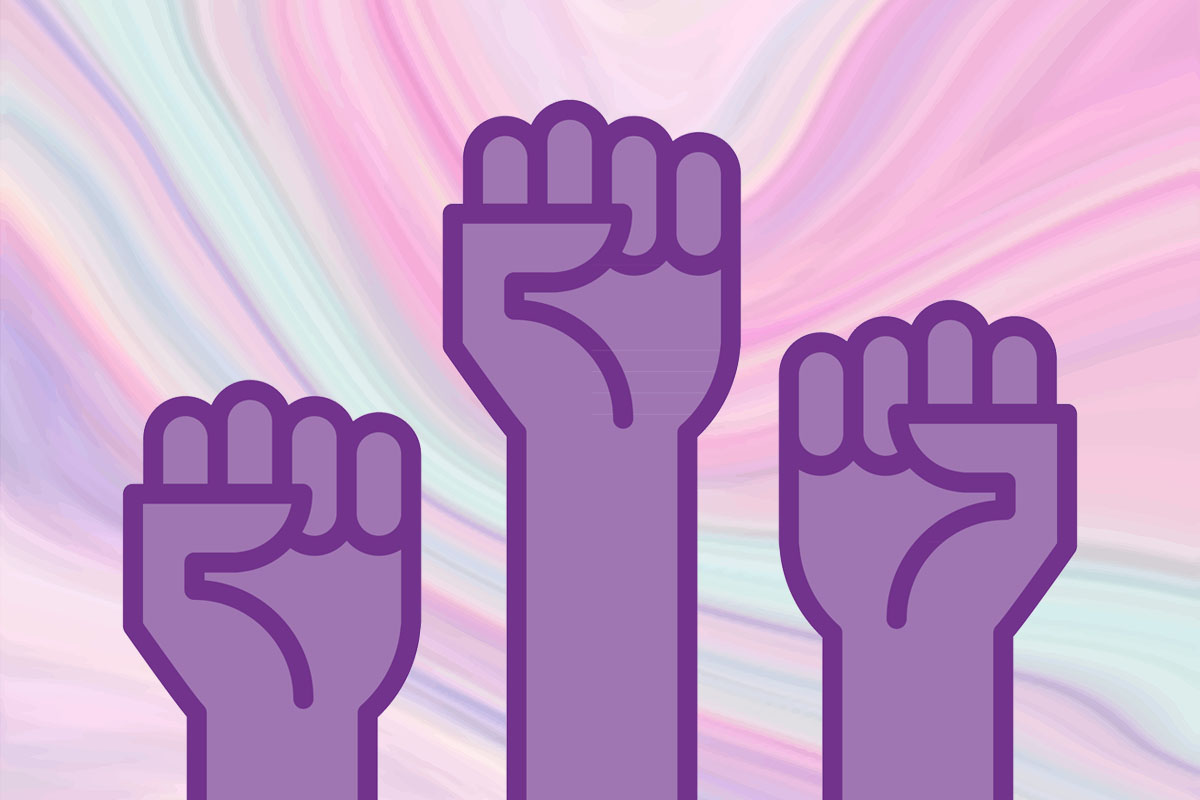On Saturday, January 19, the leaders of the Women’s March will be joined by a contingent of Jewish women of color who are marching to make their voices heard and reclaim agency of their own identities.
This comes amid a storm of controversy that has surrounded the Women’s March — particularly two of its co-chairs, Linda Sarsour and Tamika Mallory — over accusations of anti-Semitism. Major sponsors, including the NAACP and the Democratic National Convention, have pulled their support from the organization as a result of the growing scandal.
However, an overwhelming number of Jewish women of color have maintained that although there is legitimate criticism to be made of the Women’s March leaders, a lot of that criticism has been racist, deeply biased, and unproductive to the goals of unity and justice. In an open letter published on Medium, a group of these women stated that “Jewish Women of Color reject any assertion that there is more anti-Semitism in African-American communities than in others and any belief that African-American leaders, and women specifically, should be singled out for particular attention toward addressing the impacts of the growing presence of anti-Semitism in our world.”
In recent days, the Women’s March leaders have announced three new Jewish members of their steering committee: Yavilah McCoy, Abby Stein, and April Aviva Baskin. McCoy and Baskin are both Black Jews, while Stein is a white Jewish trans woman.
To me and other Jewish women of color, this move seems promising and exciting. For some other Jewish women, the move only seems to worsen their perception of the group’s anti-Semitism, like the author of this op-ed, who likens the exclusion of white, cisgender, pro-Israel Jewish women from the Women’s March steering committee to the exclusion that women of color face every day.
This movement has been drowning in drama, controversy, and astonishingly bad takes for a long time. But the purpose of this contingent of Jewish women of color is to move away from that and affirm the importance of combating all hate, including anti-Semitism and racism. For these women, marching on Saturday is the best way to do that. They believe that there is a way forward with the Women’s March leaders, and that only by working together will we achieve progress. In their own words, here’s why they’ll be marching on Saturday:
Liyah Foye
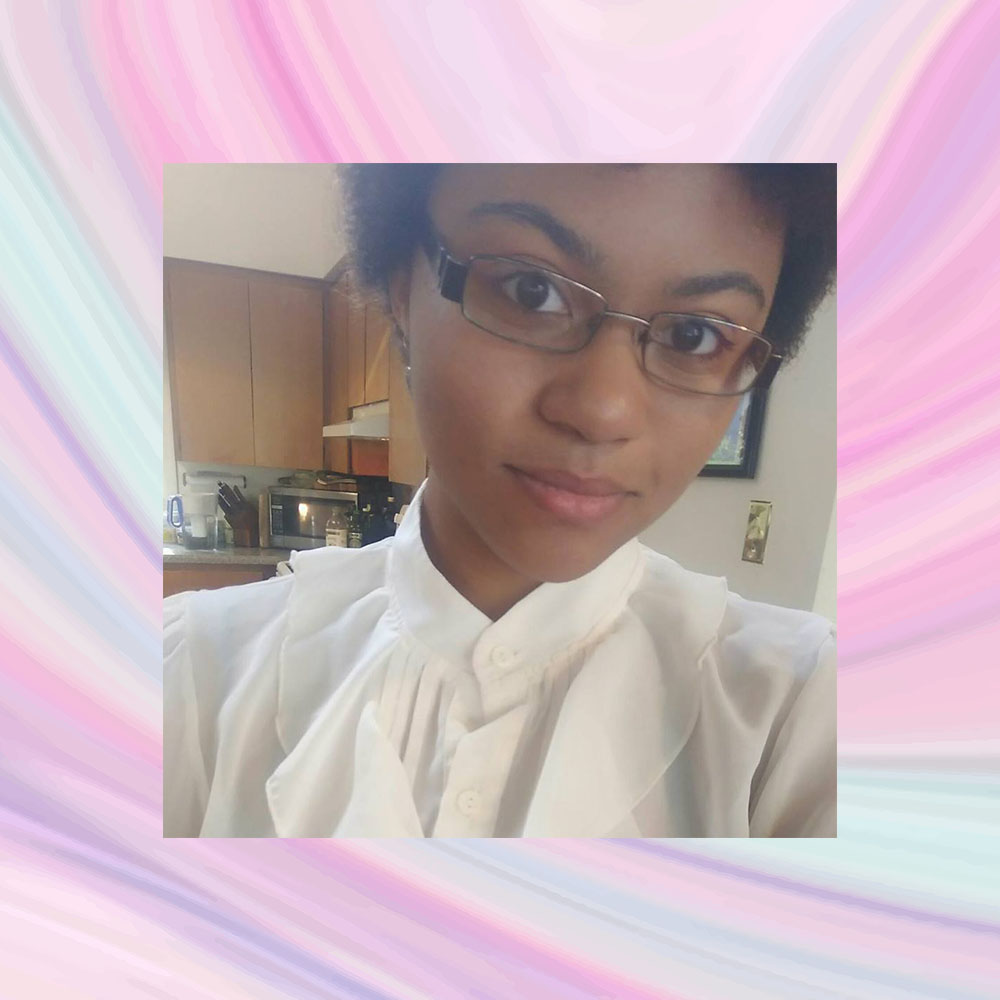
As a Jewish woman of color, I decided it was important to march because it’s important for me to create a space in which I can represent myself while being included with others. There have been many misconceptions about the controversy surrounding the Women’s March from both sides and because my identity lays in the middle, I am pressured to take a side. By attending this march, I will be declaring to everyone that I will not choose.
Rachel Faulkner

I am proud and humbled to march alongside my LGBTQ family, my immigrant family, my Jewish family, my Palestinian family, my indigenous family, and all the other marginalized communities who are ready to show up and show out because kids are still in cages, my body is my choice, and ultimately, my life and our lives depend on our collective liberation.
Yaya Rosado-Torres
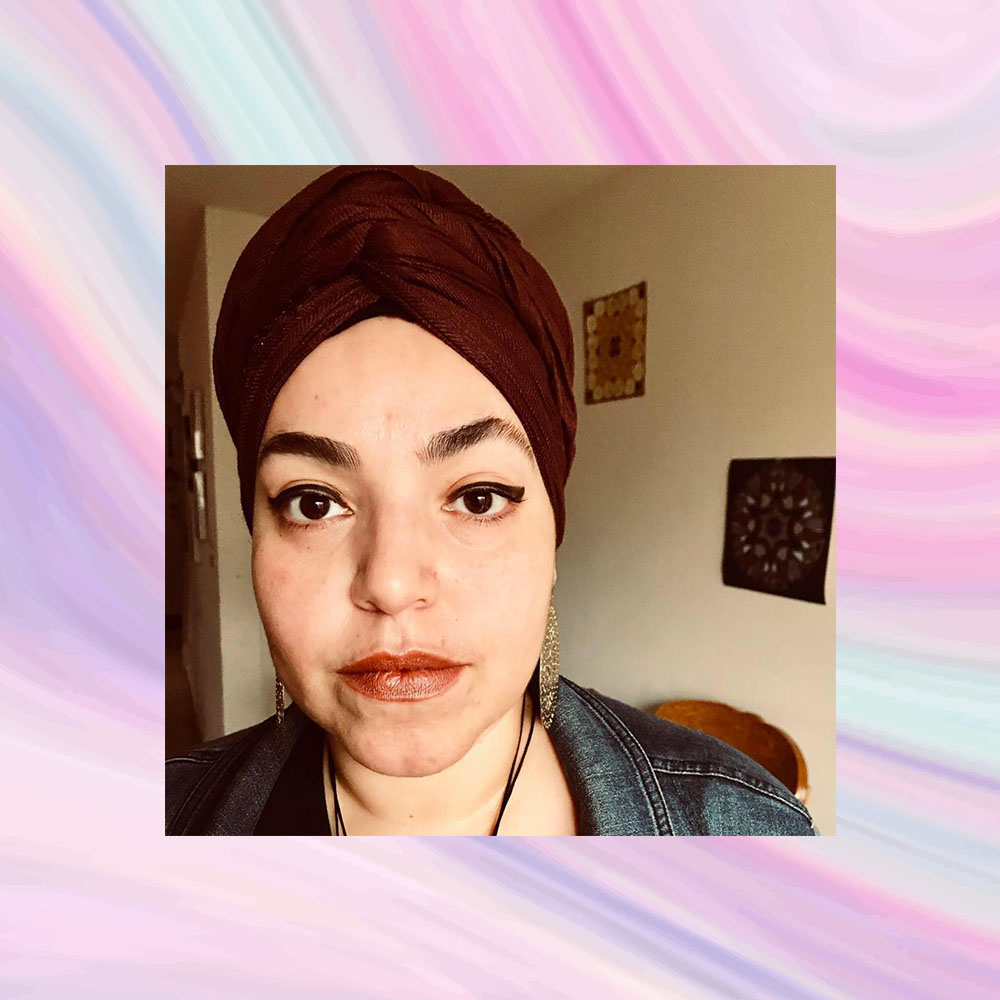
As a Puerto Rican Jewish womxn, my intersections are always at the forefront. And it is for my people and the generations to come that I’ve chosen to walk the March this year along with other JWOC. This year I rise and say as a Latinx Jewish womxn of color: Presente! Together we will be heard and seen. Our issues, our challenges, and our lived experiences will be centralized and witnessed. With fierce compassion, will be present to hold movements accountable and responsible. This is my commitment towards the creation of a present and future that has the capacity to embody us all.
Dr. Tarece Johnson
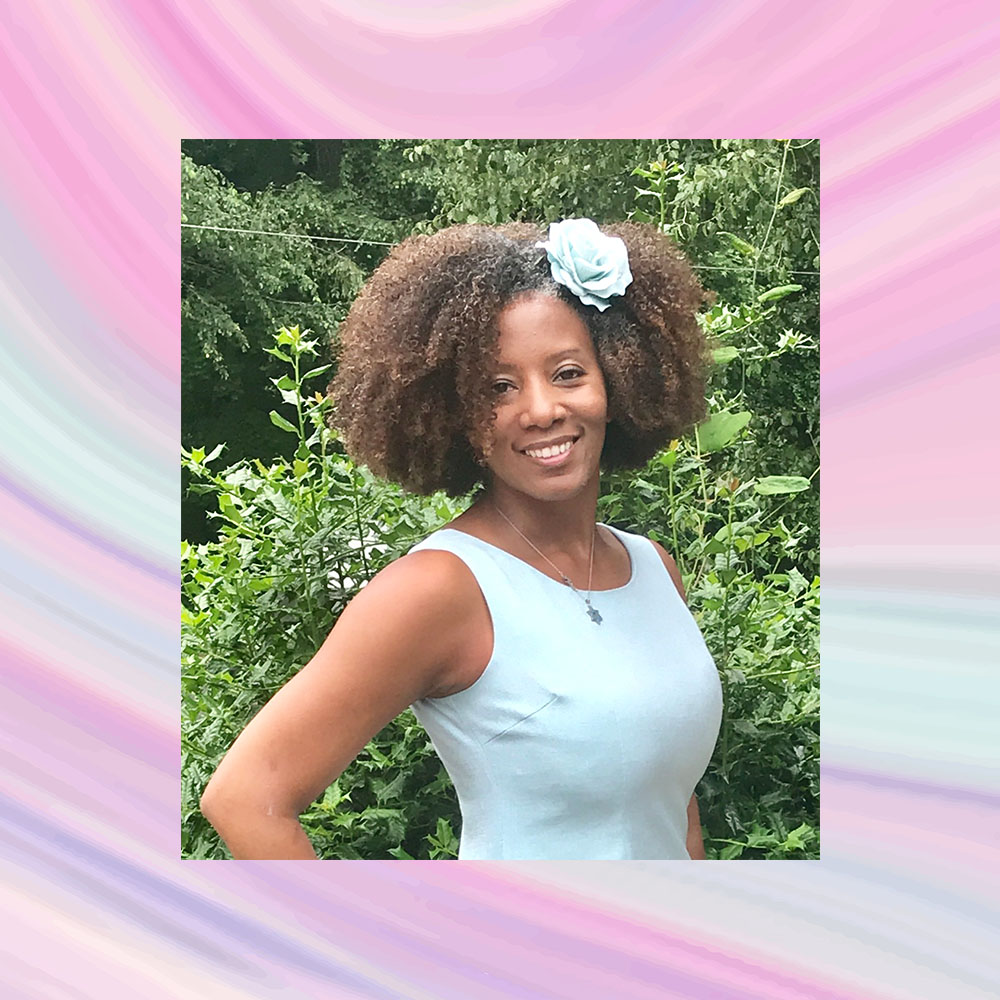
As a Black Jewish activist and advocate, I am fervently passionate about the eradication of anti-Semitism, bigotry, fascism, homophobia, systemic injustice, xenophobia, economic oppression, misogyny, and racism. I believe in living our Jewish values of chesed, tikkun olam, and tzedakah to make a difference. I fight together with Jews and non-Jews to win the war against all forms of intolerance, ignorance, fear, and hate. I believe we need to stand together as one community in love to eradicate inhumanity, inequity, injustice, and immorality.
As an activist, advocate, author, and diversity/inclusion expert, I believe justice is intersectional and I fight against all forms of hate. I am a member of a steering committee planning a local Women’s March in Atlanta on January 19. I am organizing and marching in solidarity with marches all across the U.S.
Shoshana Brown
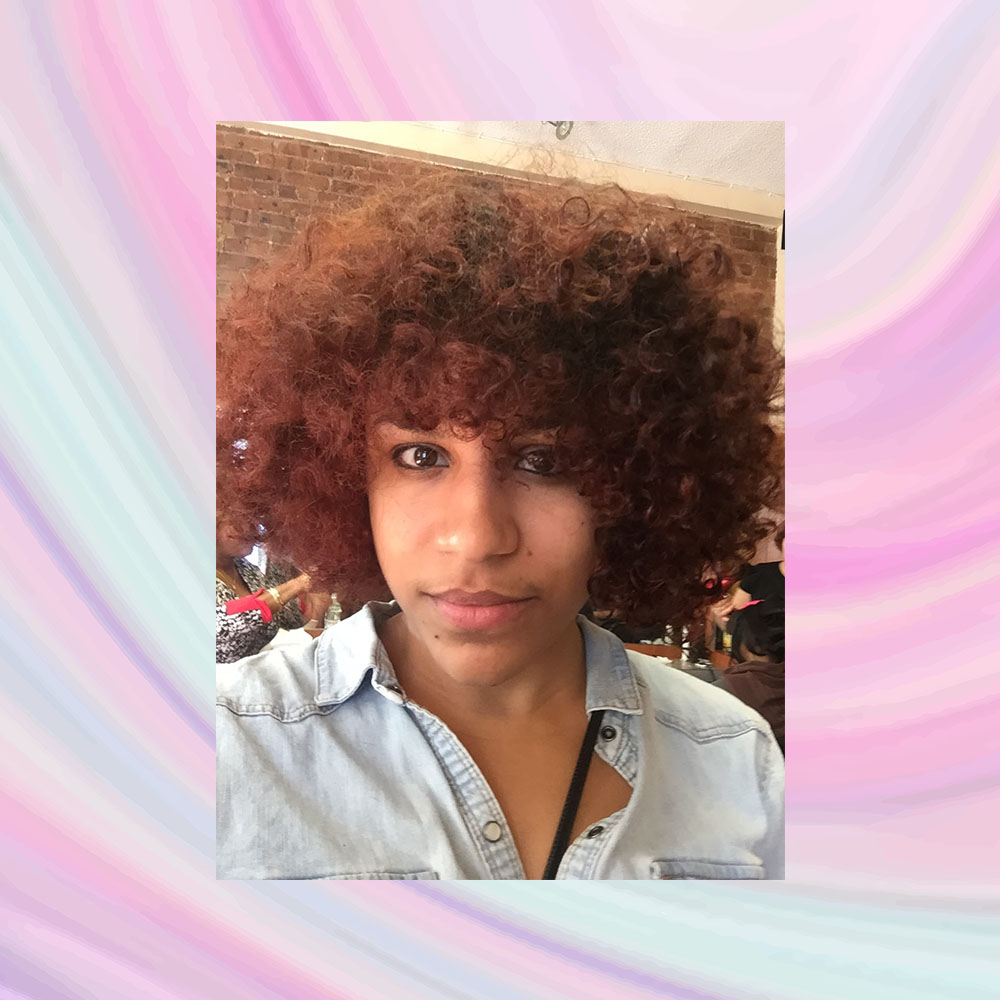
As a Black mixed-race Jew, I know intimately the deep cuts racism, sexism, and anti-Semitism makes personally. This year, I am choosing powerfully to march in the Women’s March because it is time for the issues that affect me most to be elevated. I will no longer be silenced, I will no longer sit out. The movement for justice needs the perspective of the intersections I bring in my leadership as a Jewish womxn of color. We cannot create the future that we all want without being in dialogue within the movement. I march and speak with my feet because gender justice is racial justice is economic justice.
Oraneet Shikmah Orevi
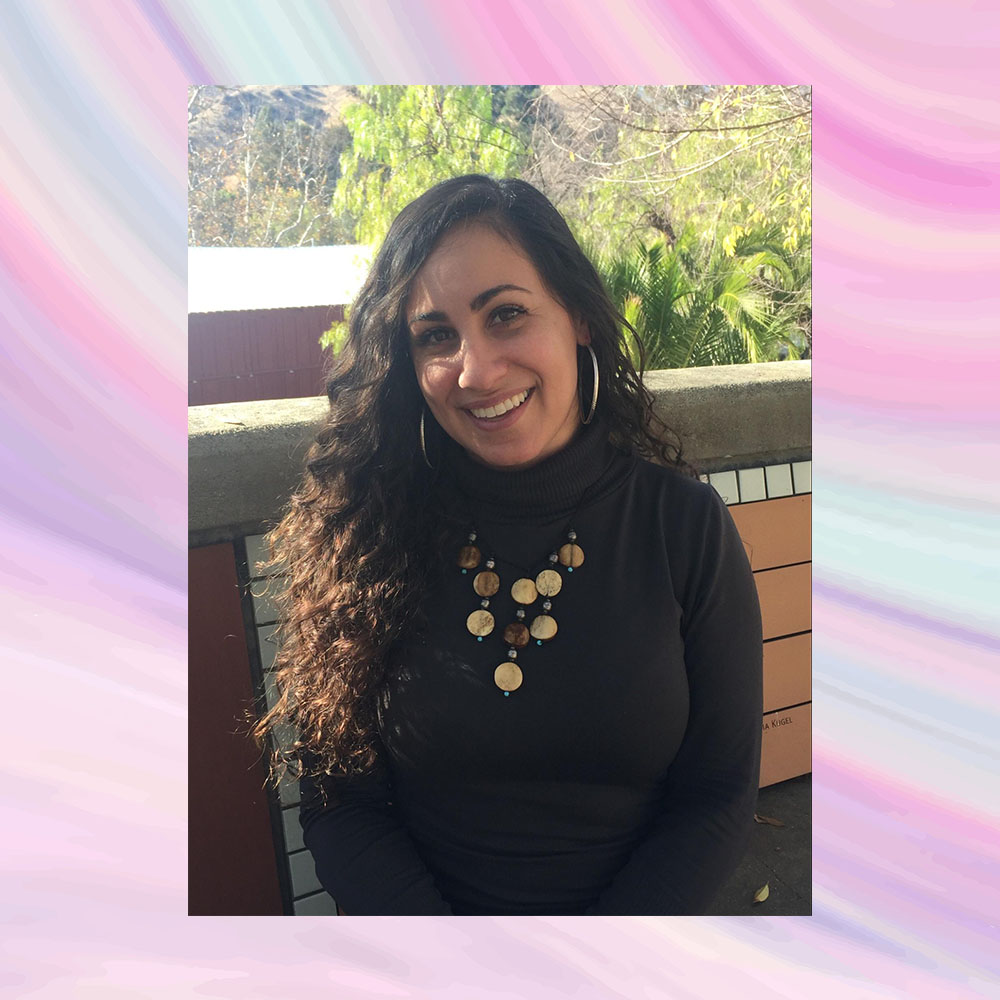
Samiah Fulcher
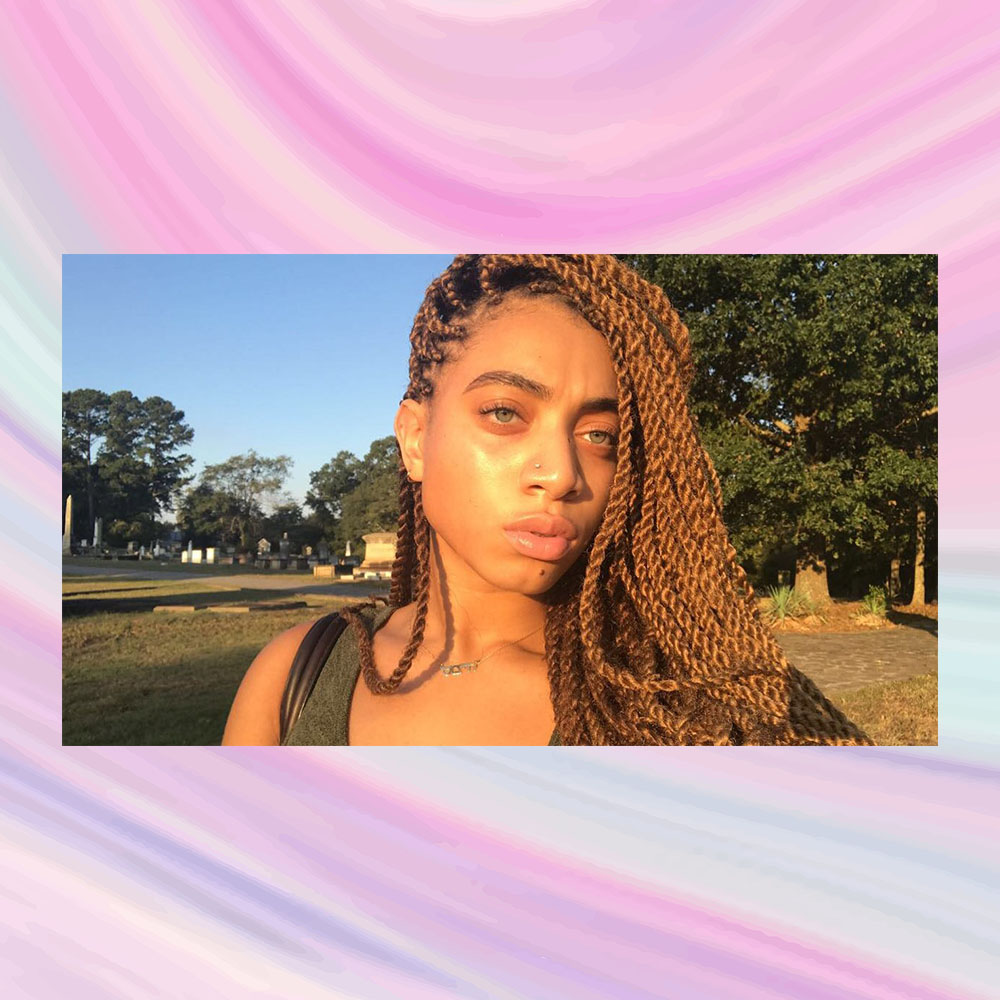
Varying intersections of class, race, religion, and sexuality meet at my feet and shape the very core of who I am as a woman-identified person. I am marching for the multitudes I contain, for all of the ancestors known and unknown, bending reality to mother more mothers into existence, for the brown boy joy of my brothers’ smiles, and for a future where love leads. I am marching because I believe that the change we need to see in the world is not possible without our willingness as people to connect and connect deeply, across our difference. These differences that shouldn’t make us “other,” that shouldn’t marginalize, stereotype, or shame, but should allow us to be fully present in social justice spaces as multi-faceted human beings.
Kai Gardner Mishlove
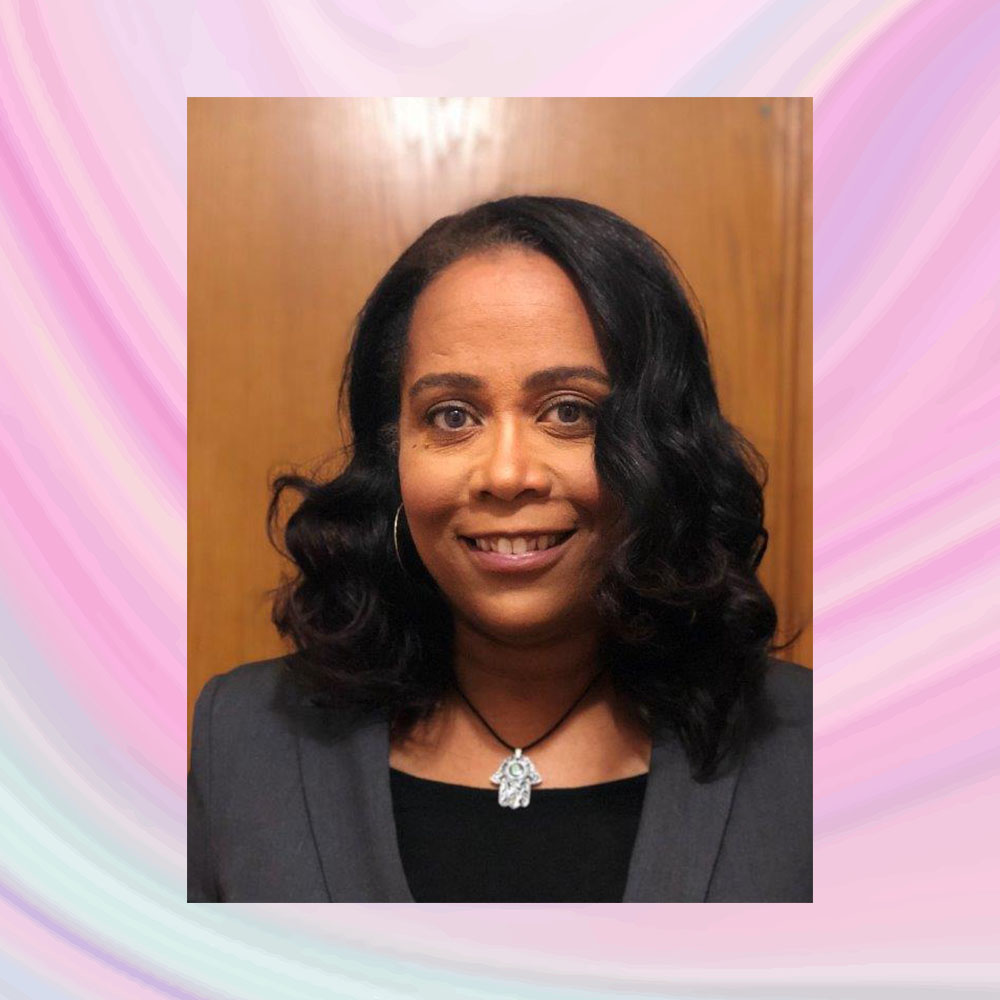
As a woman who sits at the intersection of many different and diverse communities, I have chosen to participate in the Women’s March for the sake and future of my beloved community and family. As a proponent of social justice with a long history of advocating for and living amongst marginalized and vulnerable communities, I do not have the luxury to disengage during moments of discomfort due to ideological disagreements, anti-Semitism, misogyny, racism, or other forms of bigotry. I firmly believe in tikkun olam and in building global bridges between communities. Sometimes this means having the courage to engage in difficult, uncomfortable, and sometimes messy conversations and actions regarding identity: race, ethnicity, nationality, class, gender, sexual orientation, age, faith, and ability. Historically and at present, reconciliation and change cannot happen if we are not at the table. I have hope that Jewish women of color and our allies can collectively build a future together where all of our diverse experiences are equally respected and honored. No more fear. Hineni.
Erica Walker

What I have learned through both studying and participating in social movements is that all actions taken to bridge, connect, and intersect contribute in some manner to the strength and momentum of the shared movement, and conversely, all actions taken to separate, divide, and narrow channels of connection and communication dissipate energy and power of shared movement. It’s easy to do nothing and allow the efforts of others to bear one’s own inertia, but to move and claim a stake in the forward motion of a social movement requires commitment to others and an understanding of our fundamental interconnectedness. This does not exclude space for critique but it prioritizes trust, love, forgiveness, and the shared goal, which is liberation.
